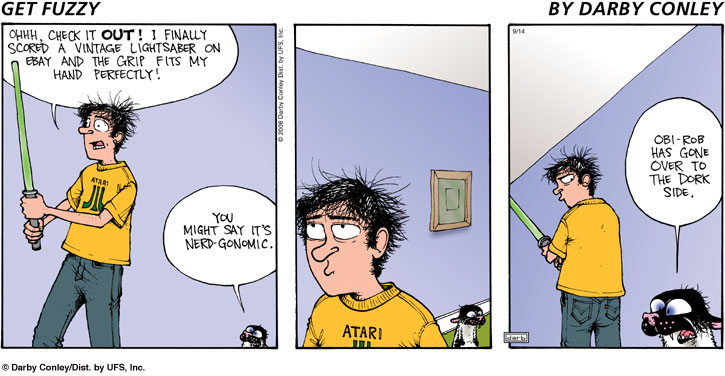For a peek at what makes language — and Language Log — possible, consider this. Suppose that you stand up in front of a class of kindergarten or first-grade kids, who haven't learned to read and write yet, and tell them "Today we're going to play a game. I'll tell you a story — and any time I say 'school', the first kid that raises a hand gets a dollar."
If you tell a good story, and manage the interaction right, there'll be many occasions of group glee. (A Jon-Stewart-style hammed-up doubletake, when they miss a keyword instance, should be quite effective.)
But in general, as long as you speak clearly, most of the arguments are going to be about whose hand went up first, not about whether what you said was actually school or something else.
Now, for a peek at what makes the study of intonation difficult, imagine trying the game a different way. Instead of offering a bounty for instances of a word, ask them to raise their hands for instances of a pitch contour.
Read the rest of this entry »
